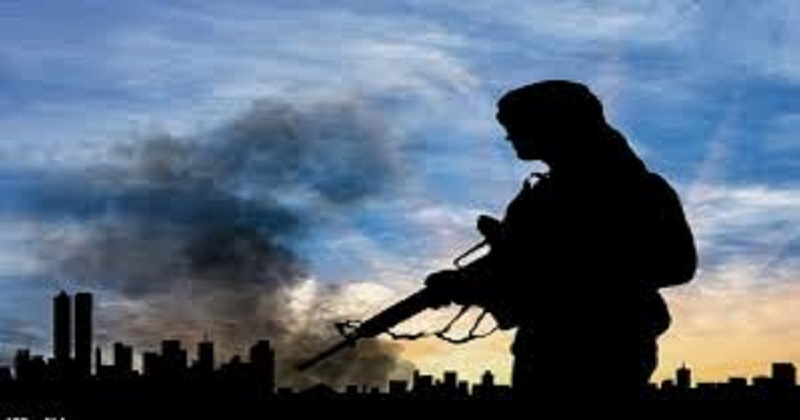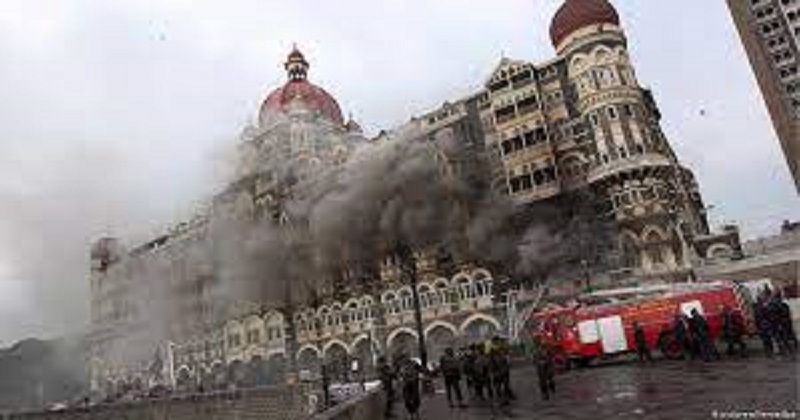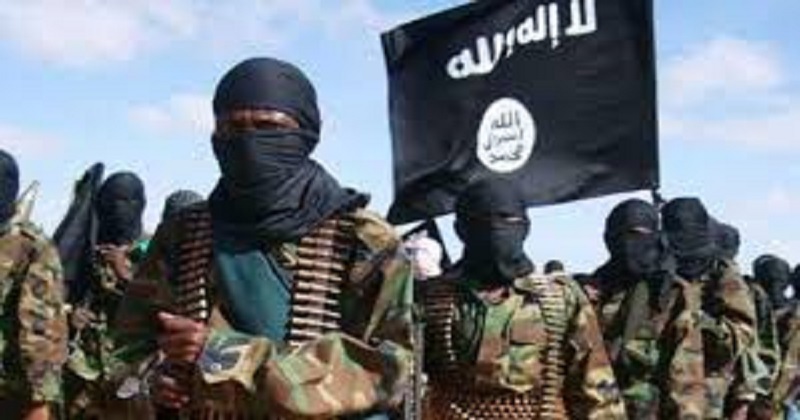
New Delhi: A documentary released by DW News has established links between terrorism incidents around the world and the Islamic state, revealing Pakistan’s support for terrorism. According to former Secret Service Coordinator, COBR, Richard Kemp, many terrorist attacks across the world were directly or indirectly related to Pakistan’s intelligence service, ISI (Inter-Services Intelligence).
According to Richard in the DW documentary, the ISI is the major facilitator, supporter, and organizer of terrorist actions against the west, and they fuel terrorism against the world. Most terrorist attacks around the world have links to the ISI directly or indirectly. The documentary notes that Lashkar-e-Taiba was also behind the 2008 Mumbai attacks.

In spite of this, Pakistan has never taken the criticism to heart when it comes to Lashkar-e-Taiba. As a result of Parvez Musharraf’s presidency, Pakistan’s intelligence agency has intensified its cooperation with Lashkar-e-Taiba. Musharraf, who lives in exile in the UAE, told documentary makers, ‘I call them mujahidin, this Lashkar-e-Taiba (LeT), which is one of the best NGOs in the world’.
Terrorism expert Sajjan Gohel stated: ‘It is not simply individuals who turn radical, it could also be people who had been involved in the state machinery, in Pakistan or Libya. Pakistan has also been on the grey list in 2008, 2012 and 2015. In Pakistan, the military has always controlled and managed both politics and business both domestically and internationally, which directly contributes to its inability to combat money laundering and terror financing’.

Read more: “Heartbreaking” conditions: Children in US migrant camp feels like they are in jail
Pakistan has been financing jihad from Afghanistan to Kashmir Valley for the past four decades. In the 1980s, jihadist movements opposed to the Soviet Union as well as violence in Kashmir required continuous capital. The money was earned through drug trafficking. Pakistan was initially treated as a domestic market for the consumption of heroin by the military and ISI. The Pakistani military establishment encouraged a drug culture in the 1980s, which led to thousands of people falling victim to it.

Post Your Comments